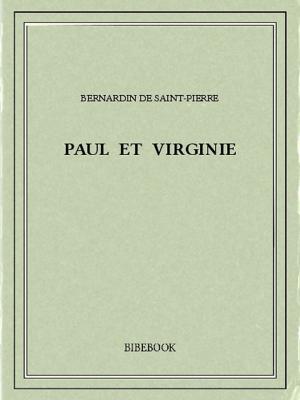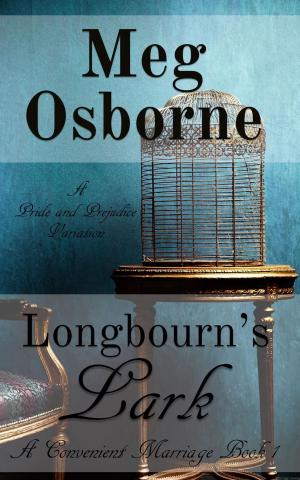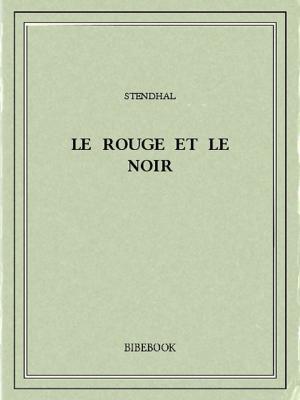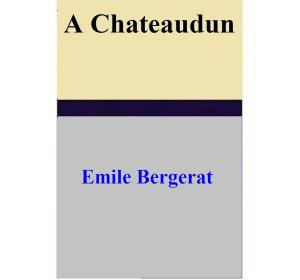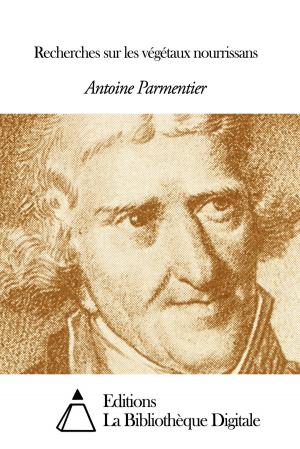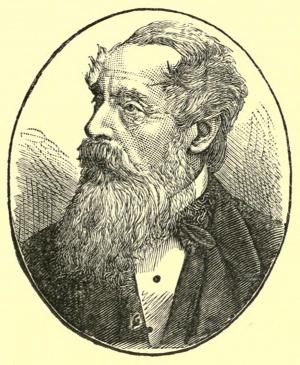| Author: | Alexander Pushkin | ISBN: | 9781907650109 |
| Publisher: | Dedalus Limited | Publication: | October 1, 2012 |
| Imprint: | Dedalus Ebooks | Language: | English |
| Author: | Alexander Pushkin |
| ISBN: | 9781907650109 |
| Publisher: | Dedalus Limited |
| Publication: | October 1, 2012 |
| Imprint: | Dedalus Ebooks |
| Language: | English |
Eugene Onegin (1823-31) is an eight-chapter novel in sonnets. The sonnet form employed is of Pushkins own devising. It enables him to modulate between tragic profundity and sparkling humour, and from exquisite lyrical descriptions of nature to devastating satire. Comparing the Penguin with the Dedalus leaves one in no doubt that, whatever Nabokov might have made of it, Dedaluss is superior. It reads fluently, and when you check it off against Nabokov (which is, for all Wilsons despair, frustratingly essential if you dont have any Russian), you find far more often not that he has kept to the sense, style and technique of the original. This is a clever trick to pull off, particularly when you consider that Beck is actually a musician, an occasional translator from German, who learnt Russian precisely in order to translate this work. He has not, to put it mildly, wasted his time. Giving himself the freedom to use half-rhymes is entirely forgivable, and means that he can follow the sharp, breathtaking handbrake turns of Pushkins own mood. And now so can you. Nick Lezards paperback of the week in The Guardian Eugene Onegin is a bitter-sweet love story. It is set in a particular place, Russia, and in a particular time, the 1820s - but it is also, as is all great literature, universal and timeless. Pushkin is one of the small, sublime company of aesthetic geniuses who can be drawn from any art, from any country and any time. This fine new translation is wholly welcome. Iain Sproat in Scotland on Sunday
Eugene Onegin (1823-31) is an eight-chapter novel in sonnets. The sonnet form employed is of Pushkins own devising. It enables him to modulate between tragic profundity and sparkling humour, and from exquisite lyrical descriptions of nature to devastating satire. Comparing the Penguin with the Dedalus leaves one in no doubt that, whatever Nabokov might have made of it, Dedaluss is superior. It reads fluently, and when you check it off against Nabokov (which is, for all Wilsons despair, frustratingly essential if you dont have any Russian), you find far more often not that he has kept to the sense, style and technique of the original. This is a clever trick to pull off, particularly when you consider that Beck is actually a musician, an occasional translator from German, who learnt Russian precisely in order to translate this work. He has not, to put it mildly, wasted his time. Giving himself the freedom to use half-rhymes is entirely forgivable, and means that he can follow the sharp, breathtaking handbrake turns of Pushkins own mood. And now so can you. Nick Lezards paperback of the week in The Guardian Eugene Onegin is a bitter-sweet love story. It is set in a particular place, Russia, and in a particular time, the 1820s - but it is also, as is all great literature, universal and timeless. Pushkin is one of the small, sublime company of aesthetic geniuses who can be drawn from any art, from any country and any time. This fine new translation is wholly welcome. Iain Sproat in Scotland on Sunday



